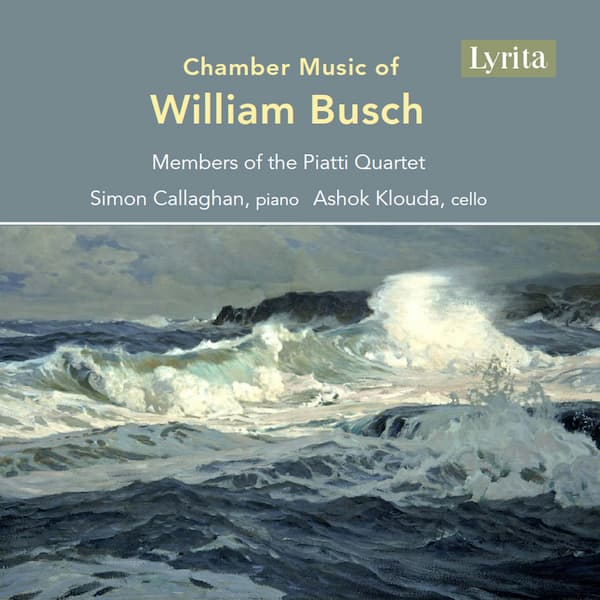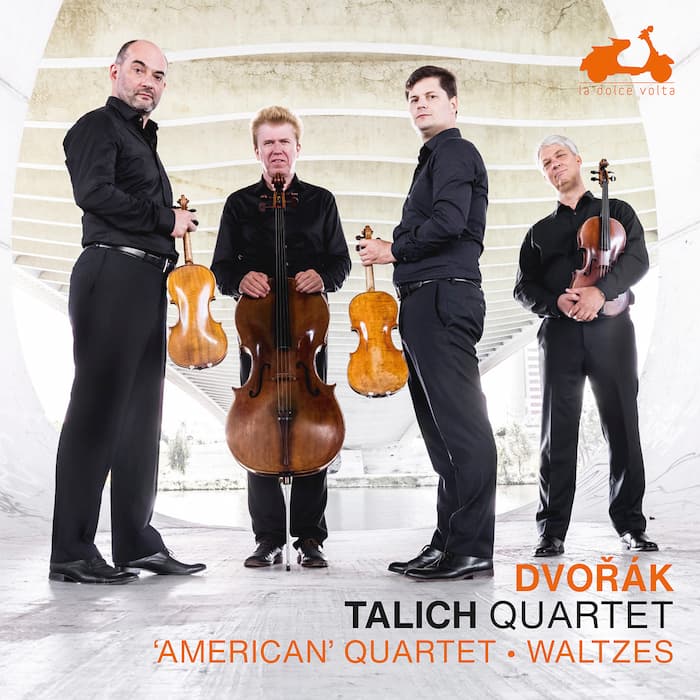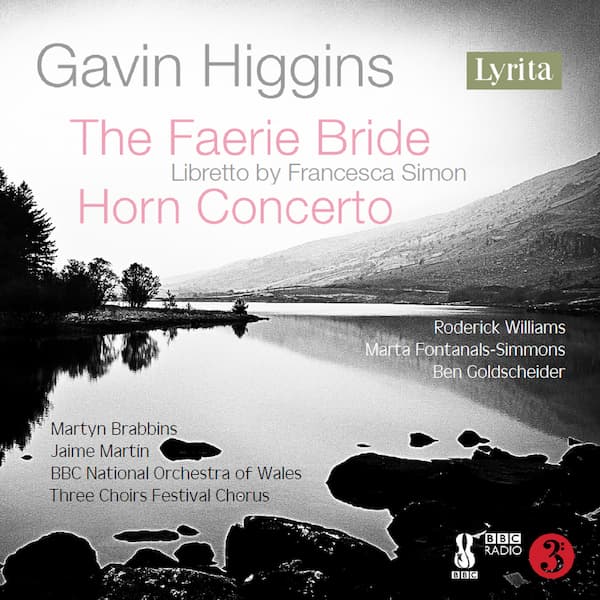Australian composer Graham Hair (b 1943) tried to summarise his piano works with a sentence that carries us from the 14th century to modern world music ideas. A compositional period that started in 2008 has resulted in a wealth of new works, some of which were completions of earlier abandoned pieces. His work, to paraphrase the subtitle of his forthcoming book, ‘cultivates the classical traditions in the Age of the War on Everything’. He sees the great institutions of his younger years fall away to be replaced by individual acts of courage.
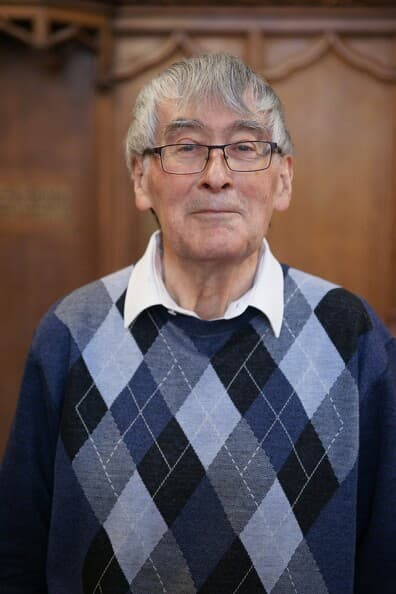
Graham Hair
He sees his scores for solo piano coming from four sides: his work with his chamber ensemble Scottish Voices; his connections to composers who are his contemporaries; ‘various strands of historical practices in pre- and post-Enlightenment European Classical Traditions’ ranging from ‘14th-century Italian isorhythm, Italian 17th-century bel canto, and German 19th-century harmonic tradition’ from Wagner and Liszt; and ‘PFRJW’ (popular, folk-derived, roots, jazz, and world-music) practices, i.e., the ‘different vernacular practices of the 20th and 21st centuries. The pieces resulting from this cover four pianistic traditions: the super-virtuosic, modernist atonal works, different approaches to variation form, and the tradition of piano miniatures (from Scarlatti to Schumann).
The album opens with 12 transcendental Concert Studies on Themes from the Australian Poets, his contribution to the virtuosic piano repertoire in the spirit of Liszt, or the Australian composer and pianist Percy Grainger.
The opening piece, Snatched Voices, taking its title from a poem by Rosemary Dobson, describes a visit to Stonehenge during a howling gale. At the same time, it’s a warmup piece in C major.
Other works on the album were written for competitions, such as Under Aldebaran, an étude-variation written for the Sydney International Piano Competition in the 1980s and Wild Cherries and Honeycomb, No. 6 of the Transcendental Concert Studies, which was written for the Scottish International Piano Competition in the late 1990s. A set of 11 bagatelles collected as Rococo Fantasies move from tone-centre to tone-centre. The final work on the album takes the plainsong hymn Veni Creator Spiritus and uses it as the ground base for his 12-part Passacaglia on the chorale ‘Komme, Gott Schöpfer, Heiliger Geist’ by J.S. Bach. Bach’s chorale melody modified the original hymn by changing a cadence and Hair makes his own changes, going through all 12 tonal centres through the entirety of the piece.
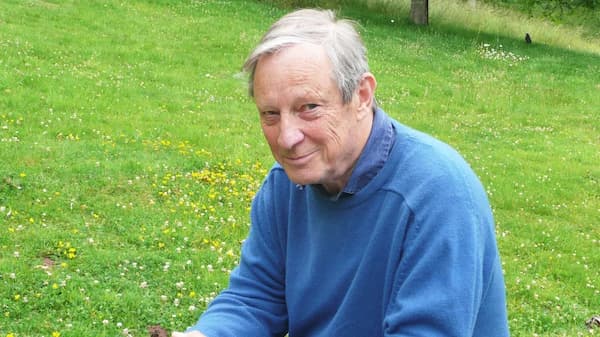
Martin Jones
The pianist Martin Jones (b. 1940) was presented with the Dame Myra Hess Award in 1968 and has continued to build on that start through his international career. His recording career has been extensive, with projects that have encompassed the complete piano works of no fewer than 18 composers.
The record is a revelation of 21st-century pianism, both in Hair’s writing and in Jones’ playing.
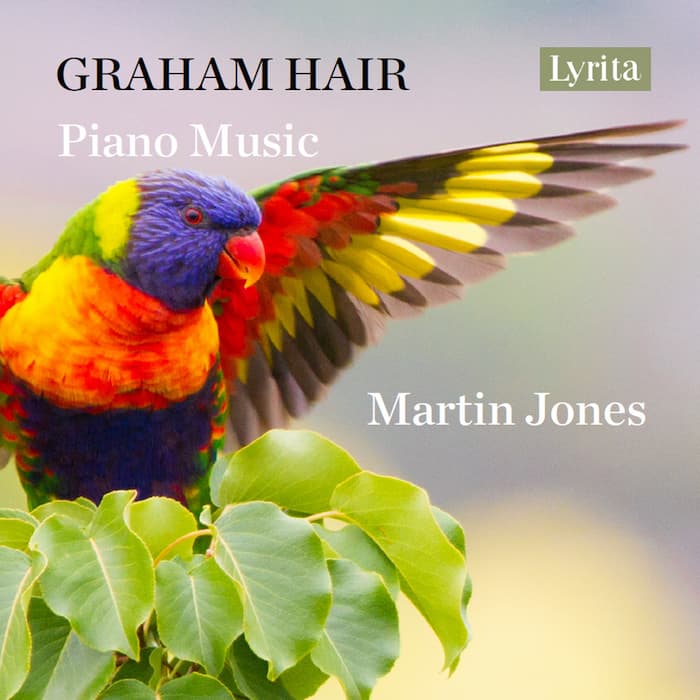
Graham Hair | Piano Music |
Martin Jones, piano
Lyrita: SRCD 436
Release Date: 1st November 2024
Official Website
For more of the best in classical music, sign up for our E-Newsletter

